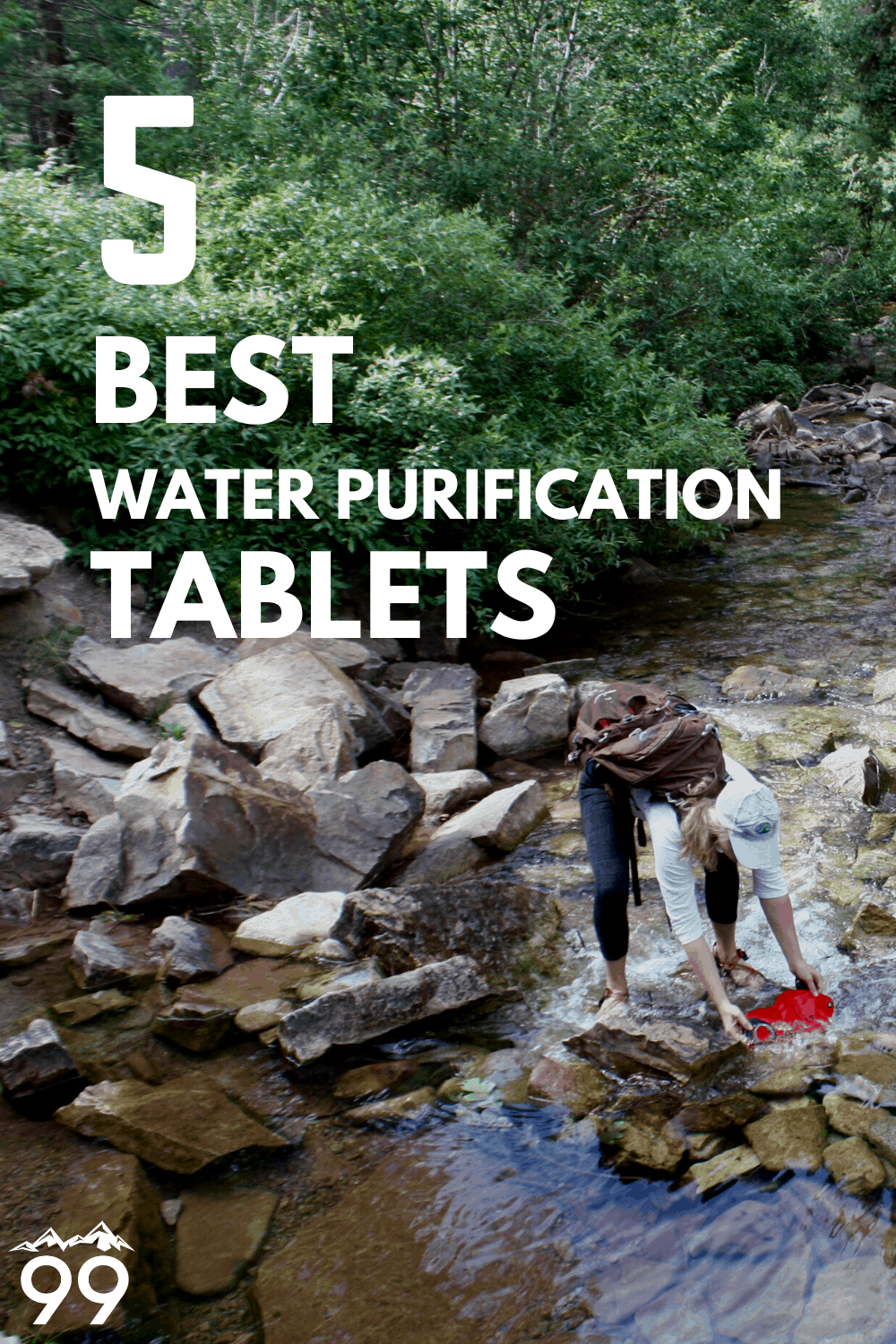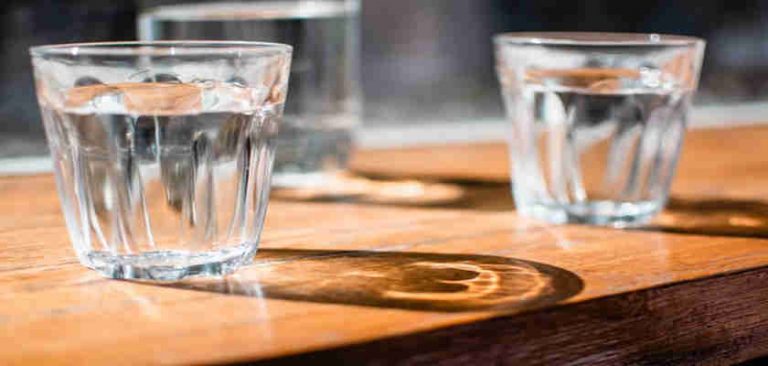Consuming water from lakes poses significant health risks and can lead to various illnesses. Here’s what happens if you drink lake water:

Gastrointestinal Issues: Drinking untreated lake water can introduce harmful microorganisms, such as bacteria, parasites, and viruses, into your digestive system. These microorganisms can cause gastrointestinal symptoms like nausea, vomiting, diarrhea, abdominal pain, and fever. Some common waterborne pathogens include E. coli, Salmonella, Giardia, Cryptosporidium, and Norovirus.

Skin Infections: Contact with lake water can lead to skin infections, particularly if there are open wounds or breaks in the skin. The microorganisms present in the water can cause infections such as swimmer’s itch, which is caused by a parasitic flatworm, or skin rashes and irritation.

Respiratory Problems: Inhaling aerosolized water droplets from lakes can transmit bacteria and viruses into the respiratory system, potentially causing respiratory infections like pneumonia and bronchitis. This is more common when participating in activities like swimming, boating, or kayaking.
Infections from Harmful Algae Blooms: Some lakes may experience harmful algal blooms, which are overgrowths of certain types of algae that produce toxins. Drinking water contaminated with these toxins can cause a range of health problems, including gastrointestinal issues, neurological symptoms, liver damage, and respiratory problems.
Chemical Contamination: Lakes can also be contaminated with chemicals from agricultural runoff, industrial discharge, or sewage spills. These chemicals can include pesticides, heavy metals, and other toxic substances. Drinking water contaminated with chemicals can lead to long-term health effects, such as cancer, reproductive problems, and developmental disorders.
Risk of Drowning: Drinking lake water is often associated with recreational activities that involve being in or near the water. Swimming in lakes carries the risk of drowning, especially if proper precautions are not taken, such as wearing life jackets and supervising children closely.
Dehydration: Drinking untreated lake water can also lead to dehydration if it contains high levels of dissolved solids, such as salts and minerals. These substances can interfere with the body’s ability to absorb water, leading to dehydration and electrolyte imbalances.
It’s important to avoid drinking lake water unless it has been properly treated and purified. Boiling water for at least one minute can kill harmful microorganisms, but it does not remove chemical contaminants. Always use a water purification system or drink bottled water when consuming water from natural sources.










